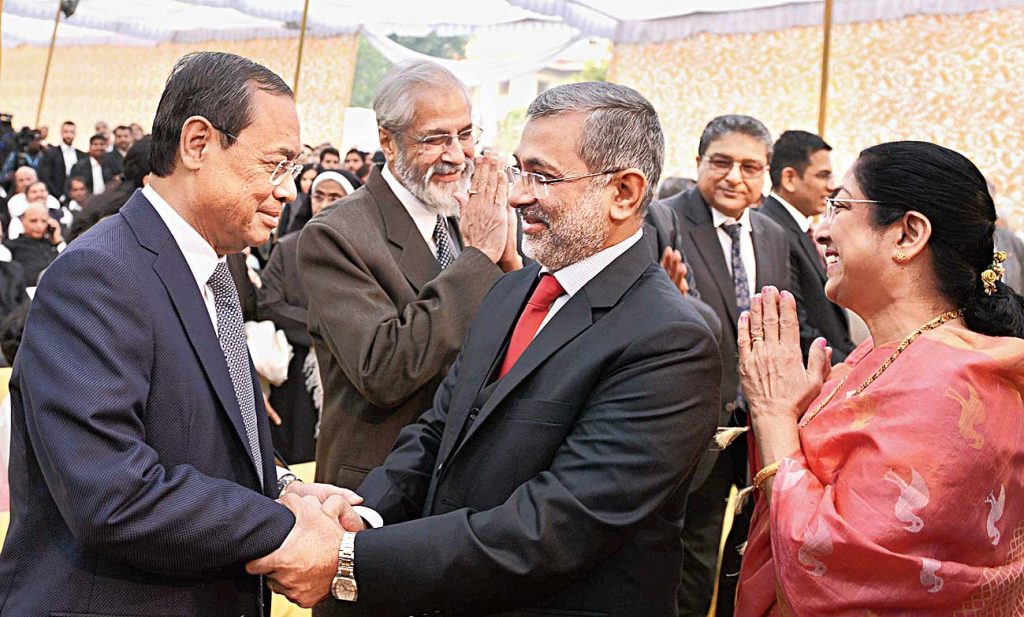Context:
Recently, Central Vigilance Commission (CVC) report reveals highest corruption complaints in 2023 were against railway employees, followed by Delhi local bodies and public sector banks.
More on the news
- In 2023, the CVC received 74,203 corruption complaints against various employees.
- Of these, 66,373 were resolved and 7,830 are still pending.
- The report also highlighted that over 6,900 corruption cases investigated by the CBI are still in court, with 361 cases pending for more than 20 years.
- The most complaints were against railway employees (10,447), followed by Delhi local bodies staff (7,665), except GNCTD (Government of National Capital Territory of Delhi) in the national capital.
About Central Vigilance Commission (CVC)
- The Government of India set up the Santhanam Committee (chaired by MP K. Santhanam) to review and improve anti-corruption measures in central government organizations.
Formation of CVC:
- In 1964, based on the committee’s recommendations, the Government established the CVC to set standards for handling corruption cases.
- Shri Nittoor Sreenivasa Rau was appointed as the first Central Vigilance Commissioner in 1964.
Statutory Status:
- The government issued an ordinance in 1998 that granted statutory status to the CVC, allowing it to oversee the Delhi Special Police Establishment.
CVC Act, 2003:
- The CVC Act of 2003, effective from September 11, 2003, formalized the CVC’s role as a three-member body, including a Central Vigilance Commissioner and two Vigilance Commissioners.
- Appointment: by the President of India based on recommendations from a High-Powered Committee consisting of the Prime Minister, the Minister of Home Affairs, and the Leader of the Opposition in the Lok Sabha.
- The Act aligns with Articles 6 and 36 of the UN Convention Against Corruption to ensure the CVC functions as an independent preventive anti-corruption authority.
The functions of Chief Vigilance Officer (CVO) are mainly divided into three parts:
- Preventive Vigilance: Strengthens systems and procedures to prevent misconduct by implementing checks that enhance clarity, standardization, and transparency.
- Participative Vigilance: Engages stakeholders and the public in decision-making to improve transparency and accountability through broader feedback.
- Punitive Vigilance: Investigates misconduct, gathers evidence, and takes swift action to penalize and deter wrongdoers.
Functions:
- Oversees investigations and inquiries into complaints against officials.
- Advises the Central Government on corruption-related matters.
- Conducts preliminary inquiries into complaints referred by the Lokpal regarding Group A, B, C, and D officials.
- Handles complaints under the Public Interest Disclosure and Protection of Informers (PIDPI) Resolution.
- The Commission supervises vigilance administrations across Central Government Ministries, Departments, and Organizations.
Superintendence:
- Oversees the Delhi Special Police Establishment (CBI) in investigating offenses under the Prevention of Corruption Act, 1988, and related provisions.
Appointment Recommendations:
- Directorate of Enforcement Appointments: The Central Vigilance Commissioner, with other officials, recommends appointments for Deputy Director and above, including the Director.
- CBI Appointments: The Central Vigilance Commissioner and other officials recommend appointments for SP and above, excluding the Director.

